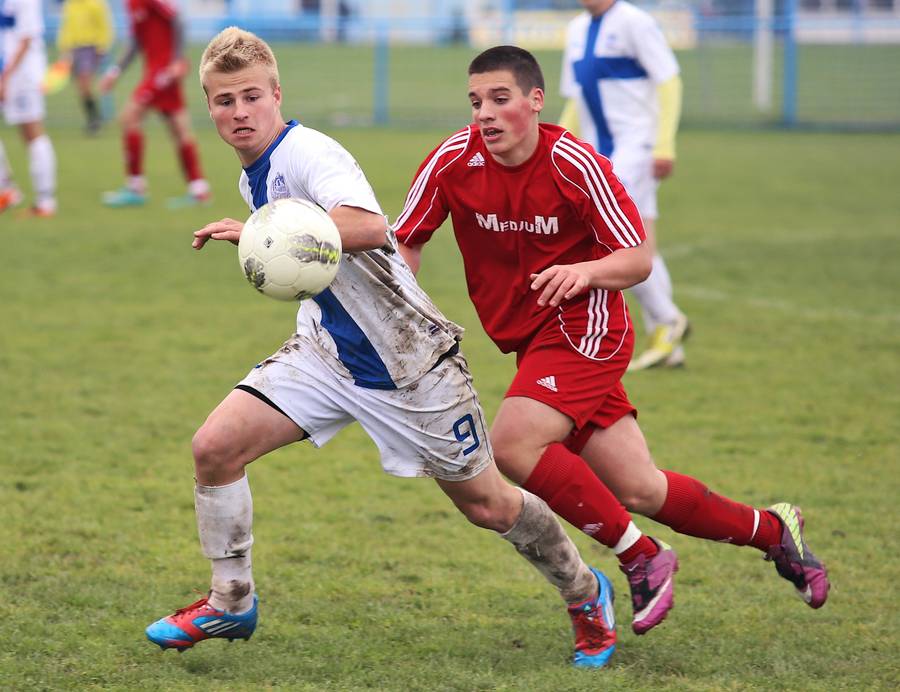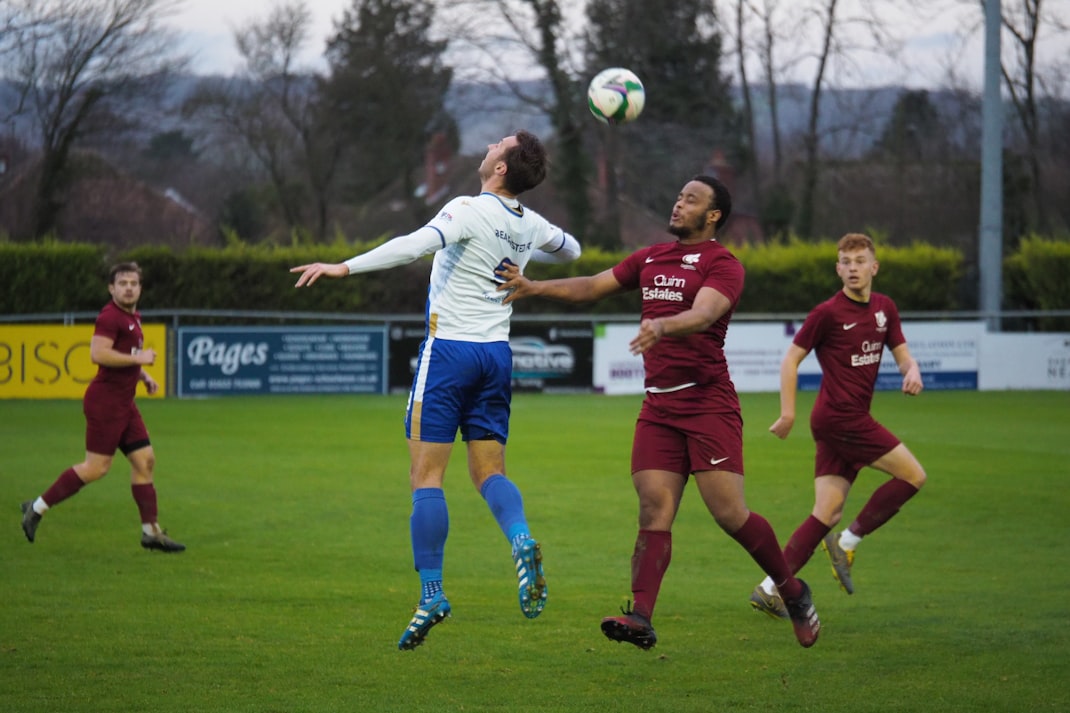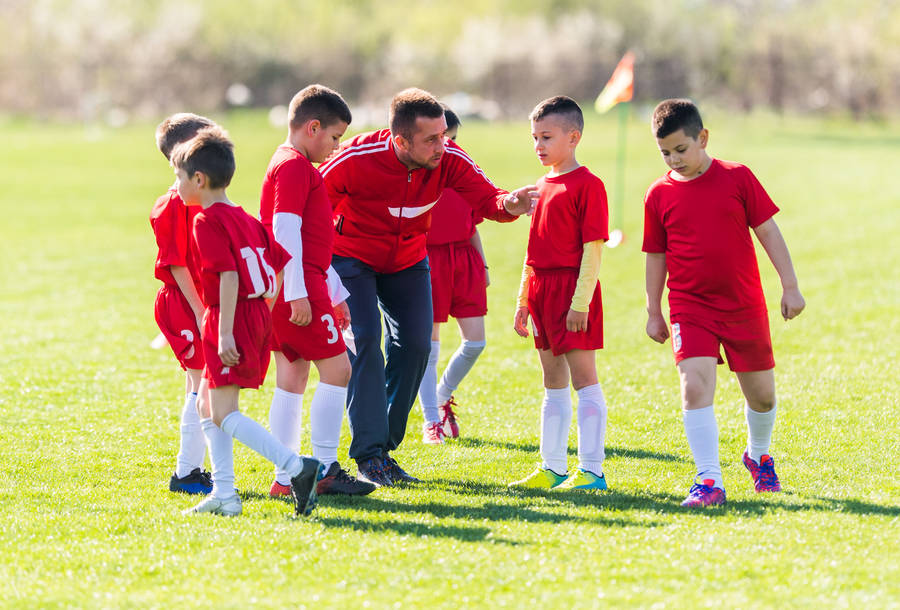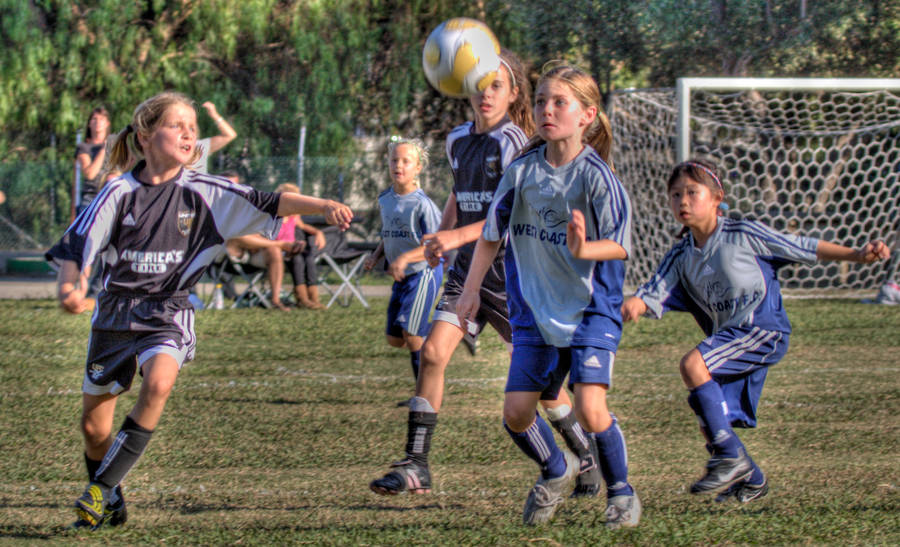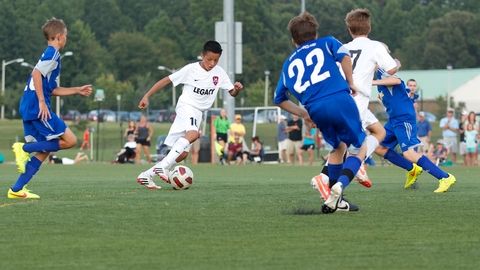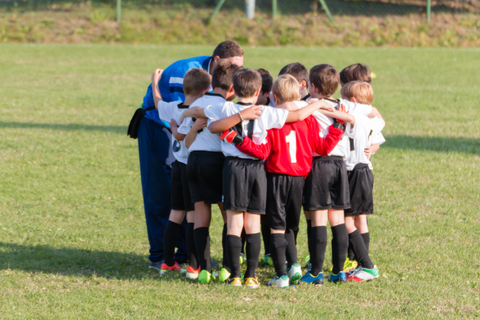After a tough match or an intense training session, amateur footballers and coaches need time to unwind and recover both physically and mentally. Recovery isn’t just about stretching or cooling down; it’s also about allowing the mind to switch off from the pressures of the game. For players, this could mean engaging in light activities such as watching football highlights, playing video games, or spending time with family. Coaches, who carry the weight of team management and strategy, often have their own ways of de-stressing, whether that’s through socialising, reading, or enjoying an evening of entertainment.
One of the simplest ways to relax after a demanding match is to watch professional football. Many players and coaches find that observing elite teams helps them analyse tactics while also providing a welcome escape from their own game. Whether it's a Premier League showdown or an international fixture, immersing in the drama of high-level football can be both entertaining and educational. Some prefer to switch gears entirely, watching films or listening to music to unwind and reset for the next session. Recovery is not just about what happens on the pitch but also about creating a balance in daily life.
For coaches, online gaming has become a popular way to relax, with some opting for interactive experiences like strategy-based video games, while others explore digital entertainment such as UK online casinos not on GamStop 2025. These platforms provide flexibility, allowing coaches to enjoy a quick gaming session from the comfort of their home. Whether it’s playing a few rounds of a favourite game or testing their skills in a virtual poker room, these sites offer a secure and accessible way to unwind. With the fast-paced nature of football coaching, finding moments of leisure is key to maintaining focus and energy levels.
Physical recovery remains an essential aspect of post-match routines, with players focusing on techniques such as stretching, foam rolling, and cold-water immersion to ease muscle fatigue. Hydration and nutrition also play a crucial role in the recovery process, ensuring that the body replenishes lost energy and nutrients. Many players follow strict post-game routines that involve consuming protein-rich meals and staying hydrated to prepare for the next challenge. Coaches, while less physically exerted during matches, also benefit from maintaining good hydration and a balanced diet to sustain their energy levels across long seasons.
Beyond physical recovery, mental relaxation is just as important. The pressures of competition, whether in a local league or a high-stakes match, can take a toll on players and coaching staff alike. Engaging in hobbies such as reading, gardening, or creative pursuits can provide an outlet for stress relief. Coaches, who often spend hours analysing performances and planning tactics, can benefit from stepping away from the sport momentarily to recharge their minds. The ability to disconnect, even briefly, helps maintain enthusiasm and motivation throughout the season.
Social interactions also play a big part in relaxation. Many teams and coaching staff use post-match gatherings to bond and reflect on the game in a relaxed setting. Whether it's a team meal, a casual chat over coffee, or an evening with friends, these moments help strengthen team morale and foster camaraderie. For coaches, spending time with family or engaging in friendly discussions with fellow sports enthusiasts can be a great way to decompress and gain fresh perspectives on the game.
Another increasingly popular method of recovery is mindfulness and meditation. Players and coaches alike are recognising the benefits of mental training, using techniques such as deep breathing exercises, guided meditation, and visualisation to improve focus and reduce stress. Mindfulness allows individuals to remain present in the moment, helping them manage pressure and maintain composure both on and off the pitch. This practice can be particularly useful for coaches, who must make quick decisions and handle high-pressure situations with a clear mind.
For many, the best way to relax is simply by engaging in a different form of competition. Video games, whether football-related or not, provide a fun and interactive escape that keeps the mind engaged in a non-stressful way. Coaches, in particular, often enjoy simulation games that allow them to test strategies or unwind through casual play. Online gaming has evolved significantly, offering a wide range of experiences, from immersive single-player adventures to multiplayer challenges that can be enjoyed with friends or fellow enthusiasts.
Ultimately, recovery and relaxation are personal experiences, with each individual finding what works best for them. Whether it’s watching football, playing games, engaging in social activities, or enjoying online entertainment, the key is to strike a balance that promotes both physical and mental well-being. Amateur footballers and coaches put a great deal of effort into their craft, and taking the time to recharge ensures they can continue performing at their best. Embracing a well-rounded recovery approach not only improves performance but also enhances the overall enjoyment of the sport.


